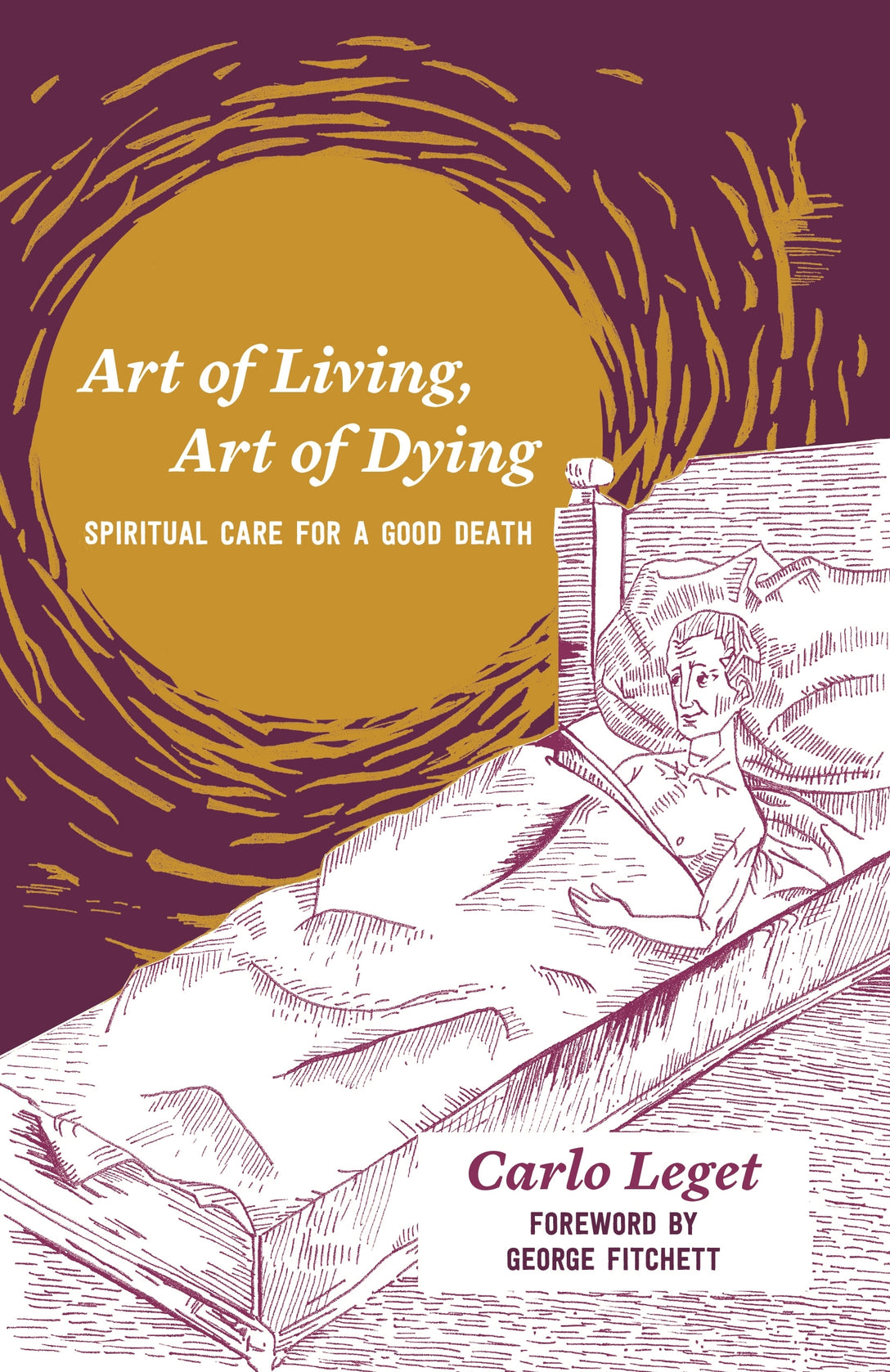
Press Reviews
Prof Rod MacLeod MNZM, Conjoint Professor in Palliative Care, University of Sydney
This exceptional book is like the diamond of Leget's Ars moriendi model, shining light on an area of practice that has been in the shadows for too long. It is full of kind, gentle and wise considerations that will help to illuminate the many faces and meanings of death.
Rev. George Handzo, HealthCare Chaplaincy Network, USA
Dr. Leget skillfully integrates his well-honed clinical sense with his in-depth understanding of some of the great thinkers of history to craft an approach to dying - and living - which respects both the uniqueness of each person and the wisdom of the ages. Bravo!
Philip Larkin, Professor of Clinical Nursing (Palliative Care), University College Dublin and Our Lady’s Hospice and Care Services, Dublin, Ireland
There are many books on the market today which address issues of death and dying in society. This new book by Carlo Leget is more than just another addition to that literature. Expertly grounded in an academic theological and philosophical discourse, Professor Leget guides the reader through a contemporary reading of the medieval Ars moriendi, blending the wisdom of the past with a real-world understanding of the present. As a palliative care academic and practitioner, the crafting of this book, using evidence from the clinical setting, offers a reflection for the clinician and student on the complex dimensions of living and dying that they face on a daily basis. The 'inner space' conceptual framework speaks to a yearning in our world today. This book helps to imagine how we might find it.
Christina Puchalski, MD, FACP, FAAHPM, Professor of Medicine, Director of the George Washington Institute for Spirituality and Health, George Washington University School of Medicine and Health Sciences, USA
Spiritual and existential issues are highly prevalent in patients with serious and/or life-threatening illnesses. All members of the care team need to be able to address these issues in a way that is compassionate but also clinically relevant. Leget's Art of Living, Art of Dying offers a simple framework for interpreting spiritual and existential questions with patients and helping them to cope with their suffering. Building on the medieval Ars moriendi tradition, the author introduces a contemporary art of dying model, which demonstrates through case-based examples how members of the care team can discuss existential and spiritual questions in a respectful and non-judgemental way and in the context of a patient's health and wellbeing. I recommend this book not only for chaplains and clergy, but also for others on the healthcare team, including counsellors, doctors, nurses, allied healthcare workers and other professionals who come into contact with patients in hospitals and hospices.
